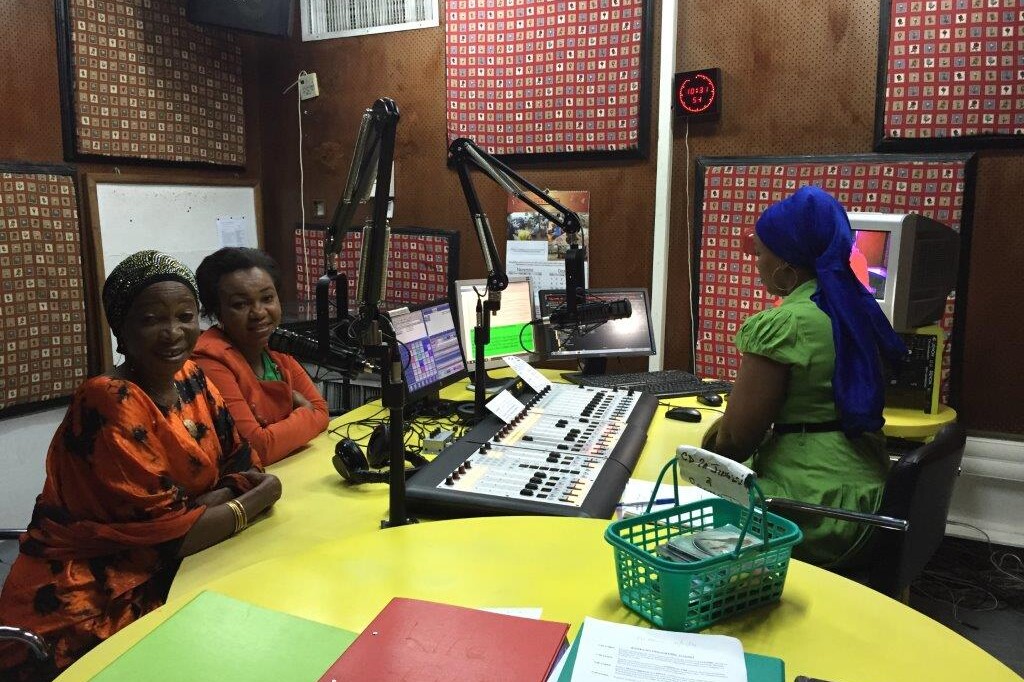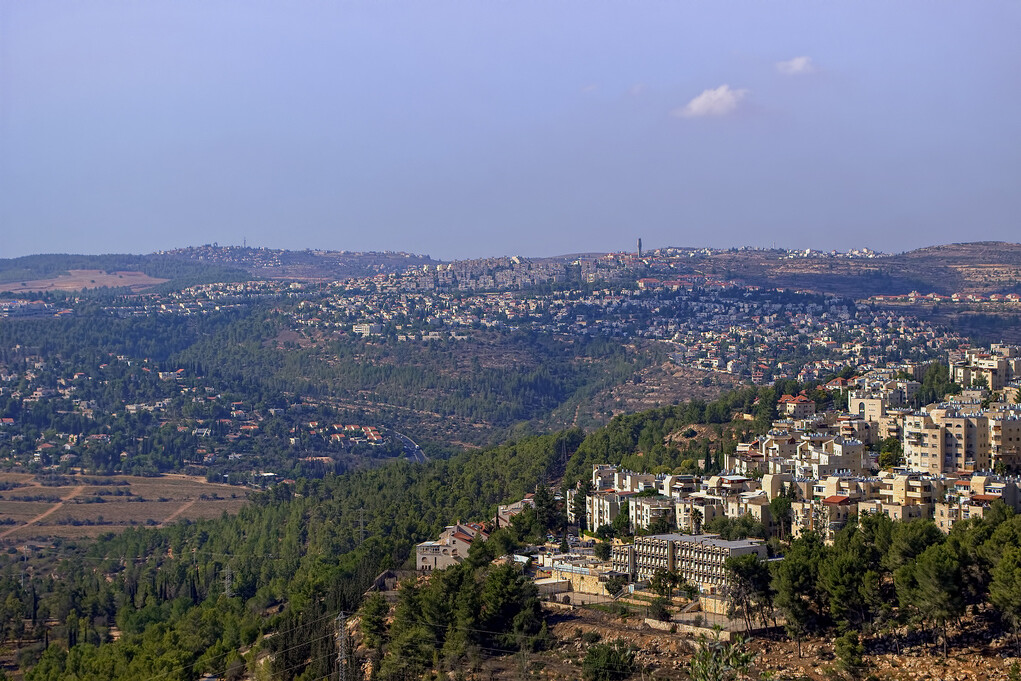African public service broadcasters (PSB) have failed to reform since the 2001 African Charter on Broadcasting whilst media freedom on the continent has improved but is still precarious, according to recent reports.
The African Charter on Broadcasting was adopted at a UNESCO conference celebrating the 10th anniversary of the Windhoek Declaration on Promoting an Independent and Pluralistic Press. It calls for the “independent regulation of broadcasting, the recognition of community broadcasting – and the transformation of state broadcasters into public broadcasters”.
Yet apart from a flourishing community broadcasting sector, there has been very little reform in terms of regulation and the transformation of state broadcasters according to Hendrik Bussiek, the author of a DW Akademie article on the subject.
Bussiek claims that most broadcasters are “public” in name only, with ruling elites reluctant to relinquish their influence over state media outlets – often the only broadcasters with national reach – and maintain the status quo, despite it diminishing the broadcaster’s public credibility. Other barriers to reform include funding constraints and the pressures faced by state “public” broadcasters to engage in commercially driven broadcasting to make a profit, in turn diminishing their impartiality.
Media Freedom
Some of these key issues faced by PSBs in Africa are shared with those impairing media freedom in the region more generally. Despite being recognised as the second most improved media environment (excluding North Africa) since the 2015 RSF World Freedom Index, media freedom across the continent is deeply impaired by political and economic barriers – as emphasised in a recent report by Tawana Kupe, featured in The Conversation.
According to Kupe, the negative factors influencing media freedom regionally include; “a culture of secrecy” within political institutions that are often perpetuated by outdated access to information laws – some of which have not been updated since colonial or apartheid eras – and media ownership, which often remains in the hands of politicians or commercial entities, each with their own agenda, placing restrictions on what can be reported. Other issues include “cheque-book” journalism, which reduces credibility, especially in weaker economies or those where independent media regulators are lacking.
Even though these reports offer a broad but non-definitive list of impairments to public broadcasting reform and media freedom, it is clear that the two are inextricably linked. An independently regulated and publicly funded broadcaster is necessary for an effective democracy to exist through the provision of impartial information, yet without the laws and institutions to support and enforce press freedom, public broadcasters are limited in the extent to which they can effectively inform their audience.
Read Bussiek’s article in full
Recommended: Read the RSF World Index 2016 report on Africa
By Kristian Porter
Related Posts
21st December 2016
Citizen Journalism & Public Media in Namibia
Our bid for an Innovate Africa project…
26th October 2016
New PSB in Israel may never see the light of the day
The Israeli government may revoke the…
23rd December 2014


